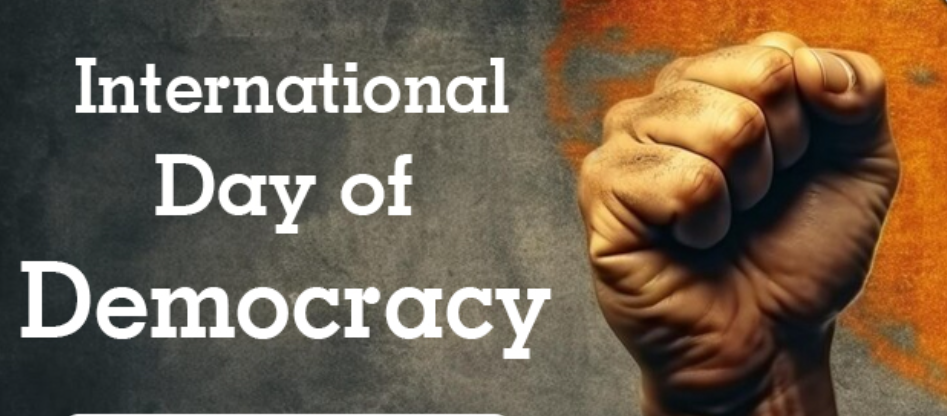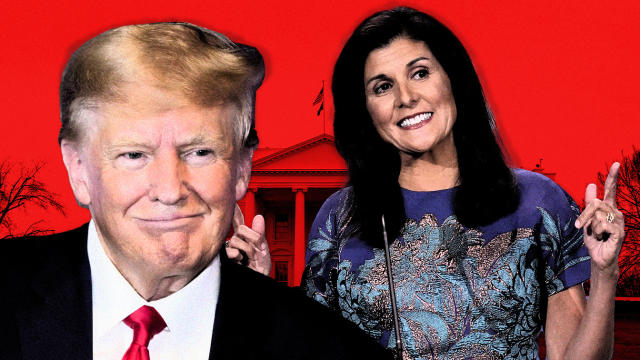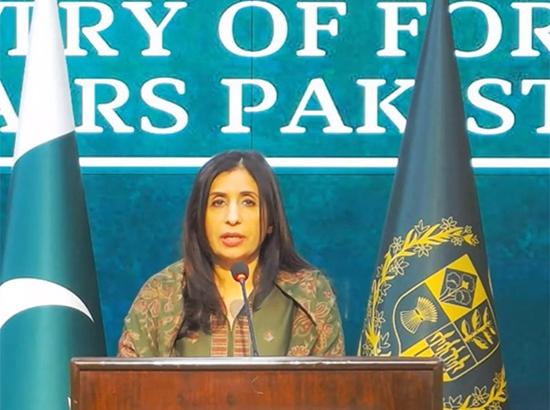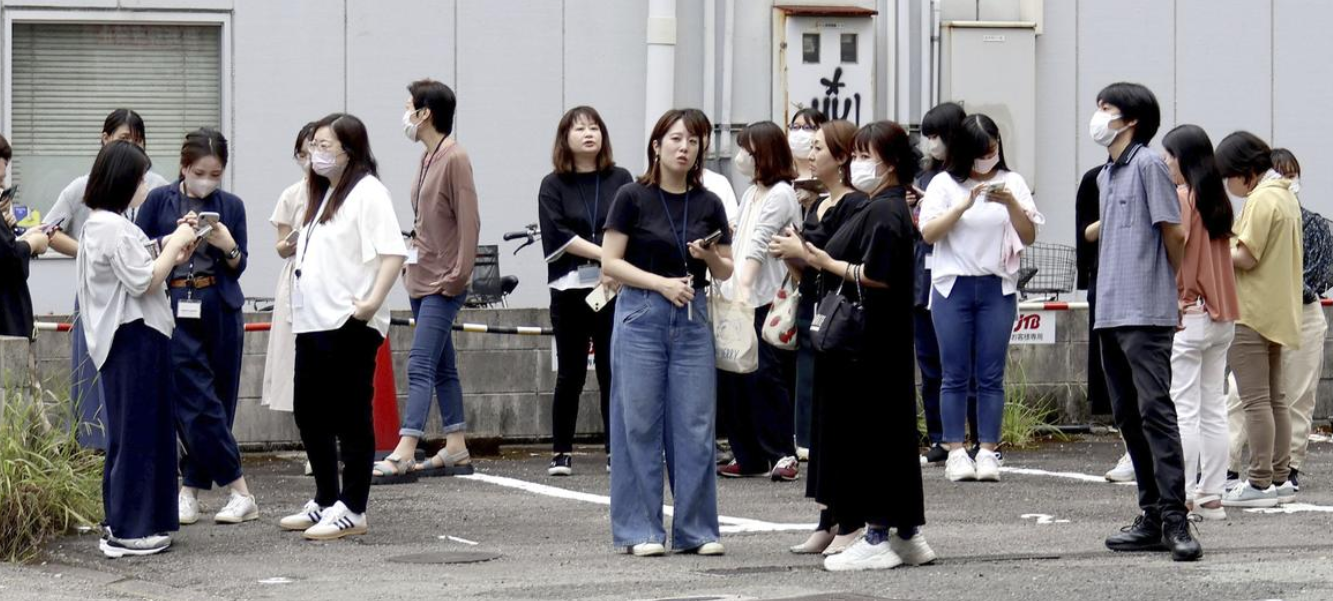Every year on September 15, people worldwide come together to observe International Day of Democracy, a day established by the UN General Assembly in 2007 to advance and reinforce democratic values.
Since its introduction in 2008, numerous events have been organized globally to celebrate this significant day. Activities range from photo contests and children’s workshops to live debates, radio call-ins, and discussions with civil society groups, showcasing a remarkable blend of creativity and enthusiasm.
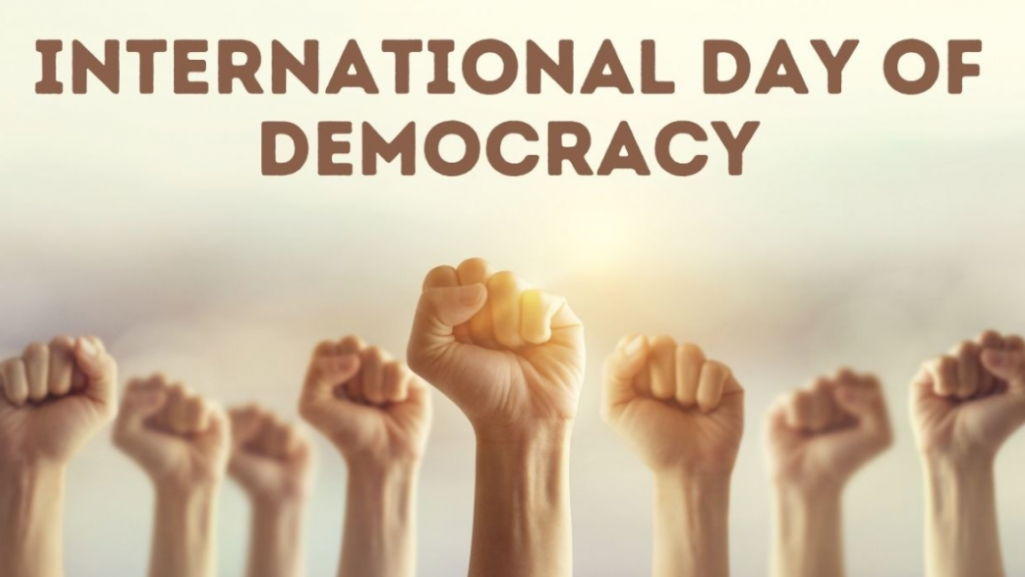
History of International Day of Democracy
The origins of International Day of Democracy trace back to the International Conferences on New and Restored Democracies (ICNRD), initiated in 1988 by President Corazon C. Aquino of the Philippines. This initiative aimed to foster and support emerging and restored democracies worldwide.
In 1997, the Inter-Parliamentary Union (IPU) adopted the Universal Declaration on Democracy, which affirmed democratic principles and their implementation. This declaration laid the groundwork for the International Day of Democracy.
The sixth ICNRD conference, held in Doha, Qatar, in 2006, emphasized the collaborative nature of the process, involving governments, parliaments, and civil society. The conference concluded with a declaration and Plan of Action reaffirming fundamental democratic values.
Following this conference, Qatar spearheaded the push for an International Day of Democracy. With the IPU’s recommendation, September 15 was selected to coincide with the anniversary of the Universal Declaration on Democracy. On November 8, 2007, the UN General Assembly adopted a resolution establishing the International Day of Democracy.
Theme for International Day of Democracy 2024
The theme for International Day of Democracy 2024 is Artificial Intelligence as a Tool for Good Governance. This year’s focus is on ensuring effective governance of AI at all levels to maximize its benefits while addressing its potential risks. UN Secretary-General Antonio Guterres highlights AI’s capacity to enhance public engagement, equality, security, and human development, but he also warns of the dangers if AI is not properly regulated.
Previous themes have addressed building stronger democracies, the role of democracy in achieving the UN’s sustainable development goals, amplifying citizens’ voices, promoting dialogue and inclusiveness, fostering accountability, and encouraging political tolerance.
Significance of International Day of Democracy
International Day of Democracy offers a chance to evaluate the state of democracy globally. Democracy is both a process and an objective that requires active participation from the international community, national governments, civil society, and individuals.
Core democratic values include freedom, human rights, and periodic elections by universal suffrage. Democracy creates a framework for safeguarding and realizing human rights.
UNESCO supports the development and strengthening of democratic institutions, especially during transitional periods. The organization celebrates this day to uphold democratic ideals and promote human dignity, equality, and mutual respect.
UNESCO’s efforts focus on fostering freedom of expression, education, youth empowerment, and the right to scientific progress. The organization aims to promote universal values such as tolerance, pluralism, and human rights.

